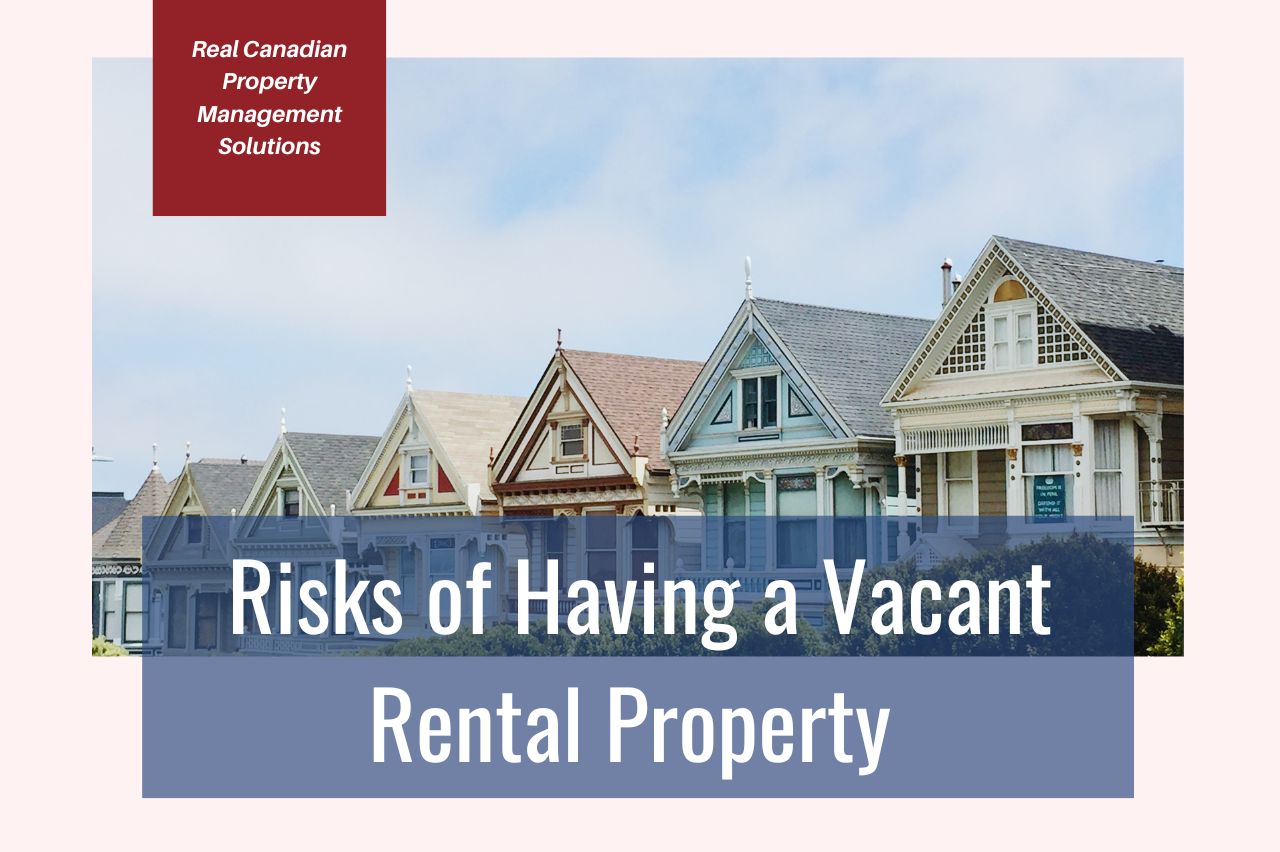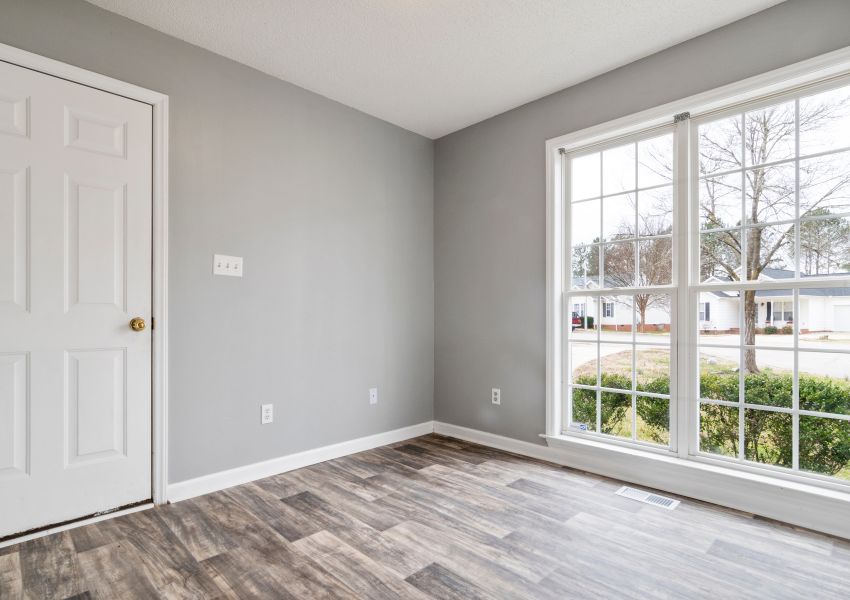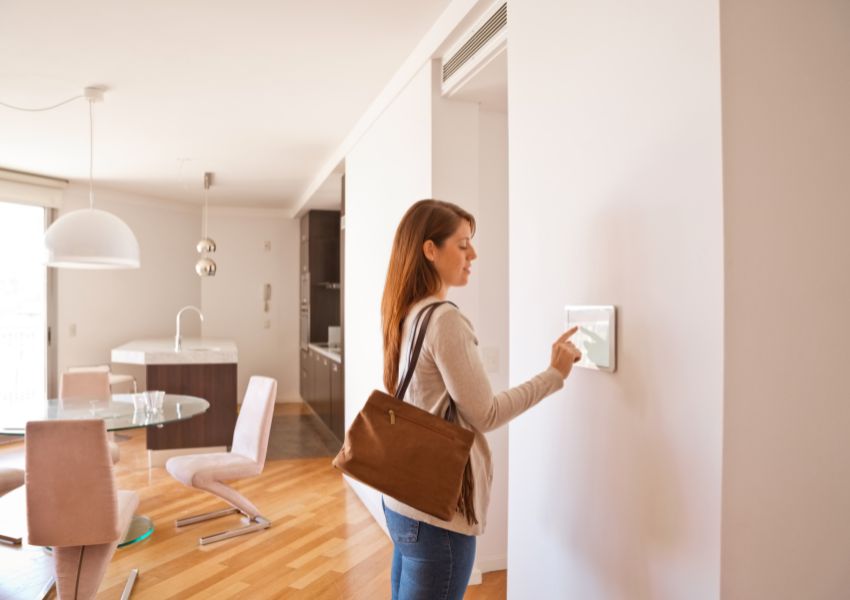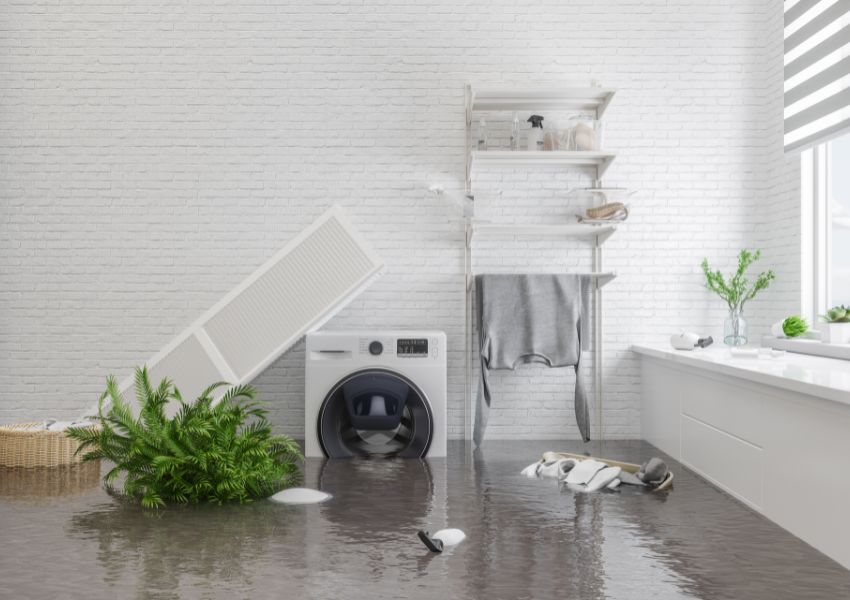
After the end of a tenancy term, the property will most likely be vacant before a landlord can get it rented out to another tenant again. These vacancies are a normal occurrence during a rental property’s operation.
So, as a rental property owner, it’s important to fill in your vacancies as soon as possible. As vacancies that go for too long can be detrimental to your overall profitability.
Many rental property owners dread vacancies. After all, when a rental property gets vacant, it doesn’t generate income. But landlords still need to pay for expenses associated with owning a rental property.
This is the reason why as soon as a lease term ends, you need to start your work and market the property to get it filled right away. This can avoid a variety of problems like those detailed in this article.
Negative Cash Flow
One of the biggest risks in property management is negative cash flow. As mentioned, a vacant property does not generate income, but it still has expenses you need to pay.
If you leave your property vacant for too long, you risk getting a negative cash flow, which means that you’ll be paying for expenses using money from the profits you made during the previous tenancy term.
Or worse, you could end up using money out-of-pocket to cover the cost of owning a rental property.

Since vacancies are quite common, you should expect to be drawing cash from your previous profits. But you should ensure you don’t end up suffering from a negative cash flow. If that happens, it means your rental business is losing.
Here are a few tips to avoid negative cash flows:
- Price your rental home correctly so that you can generate more income that can help you during vacancies.
- Make sure to save enough from your profits for emergencies, including vacancies.
- Before the lease term ends, try to retain your tenants by asking them to sign a new lease.
- If your tenants choose to move out, remind them of their move-out responsibilities and ensure that they return the property to you with the same level of cleanliness during the beginning of the lease term.
- Make sure to prepare your property for listing right away.
Regular inspections and routine maintenance can help you maintain the property’s condition. This way, you won’t need to perform major repairs after the tenants move out. Keep in mind that major repairs will take longer to complete, which may only lengthen your vacancies.
Theft and Vandalism
Another risk of leaving your property vacant for too long is that it becomes prone to theft and vandalism. Even if you’re confident that your property is located in a safe neighborhood, there is still a possibility that some people will loot and vandalize the premises.

In addition, your property may also be subject to vandalism. As a property owner, you wouldn’t want this to happen to your investment asset. Tips to discourage burglars and intruders:
- Invest in a security system that allows you to monitor your property remotely.
- Invest in a security camera and working alarm system to discourage potential intruders.
- Install motion sensors and invest in smart home technology where you can control the lighting inside the property remotely to make it look like it’s occupied.
- Discourage intruders by posting a sign that the property has security cameras.
Water Damage and Mold
Water damage is one of the most expensive repairs, and as much as possible, you should try to avoid this. Water damage is typically caused by leaks from broken pipes. Usually, water damage is hard to detect. It can only be discovered once a tenant moves in, which can cause a major inconvenience.
Aside from water damage, your vacant property could also suffer mold growth if left unoccupied for too long. Mold growth is caused by moisture due to rain and water leakage. The presence of mold can be a health hazard, which will make your rental property uninhabitable by law.
Here are some tips to prevent water damage and mold growth:

- After the tenant moves out, ensure that your plumbing is drained.
- Inspect the property from time to time while waiting for it to be rented again.
- Monitor your HVAC system and ensure that they are maintained regularly to prevent mold growth.
Squatters
Leaving a property vacant for too long can attract squatters. Squatters are easily lured if your property is obviously uninhabited. Unwanted guests on your property are dangerous as they can use your appliances and furniture, including the utilities, rent-free.
You should take squatters seriously as, after a certain period, they can earn rights, making it more challenging to get rid of them. In some cases, you would need to escalate this issue legally to regain possession of your property.
How to prevent squatters inside your premises?
- Make sure that your property remains locked and inaccessible.
- Install a security system so you can monitor the property remotely.
- Visit the property from time to time or send someone who can.
- Install an alarm system that will discourage intruders and squatters from going near.
Bottom Line
Vacant rental properties are quite common in between lease terms. To avoid the above-mentioned risks, it’s best to work with professional property managers like us at Real Canadian Property Management Solutions. We can handle everything from marketing and tenant screening to property maintenance.
Working with a property manager can help you get your property re-rented quickly. Also, they will take care of other potential risks, such as theft, damage, intruders, and squatters while the property sits on the market.